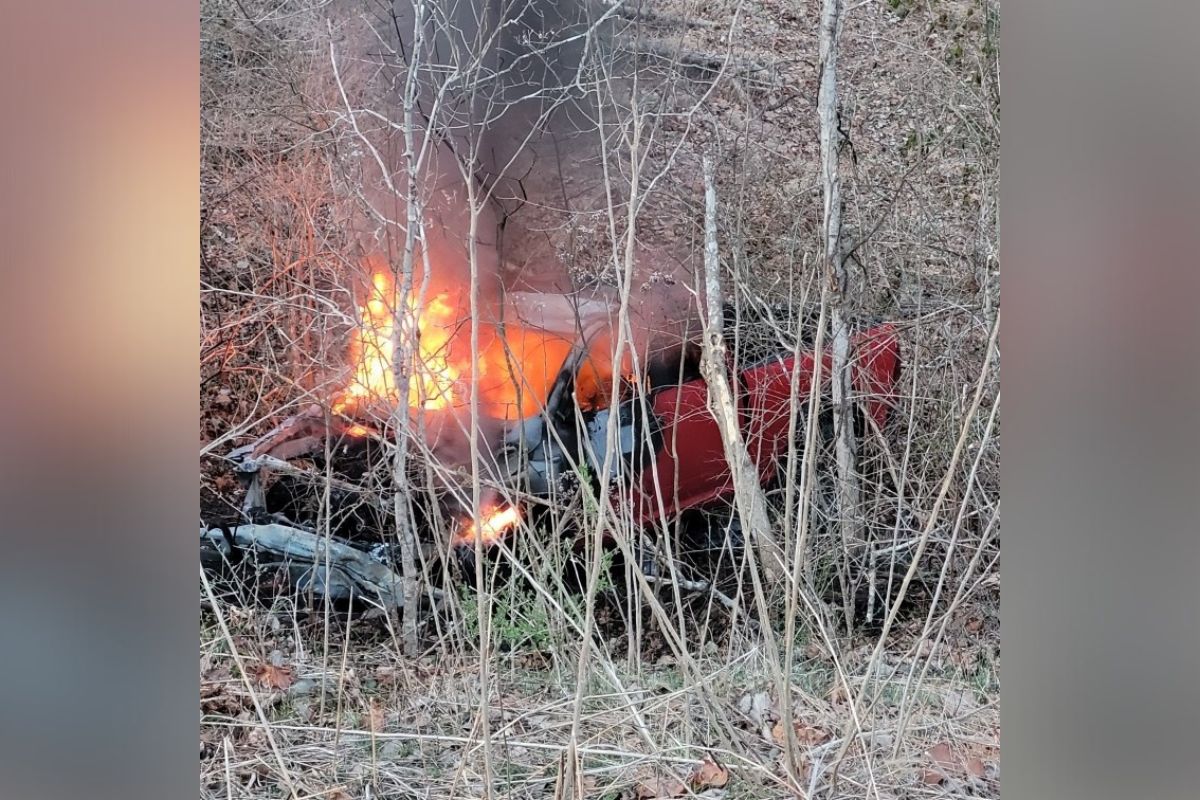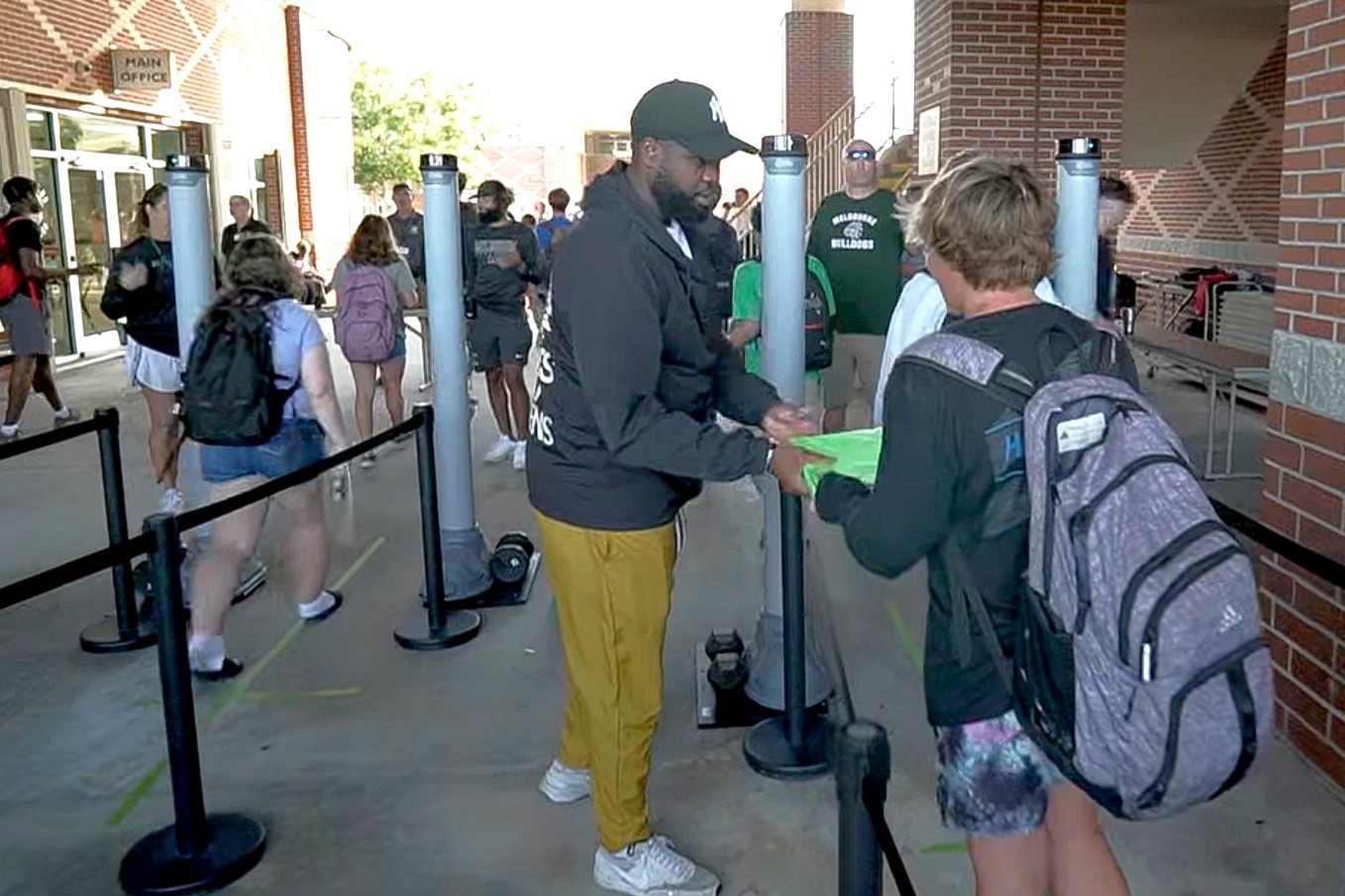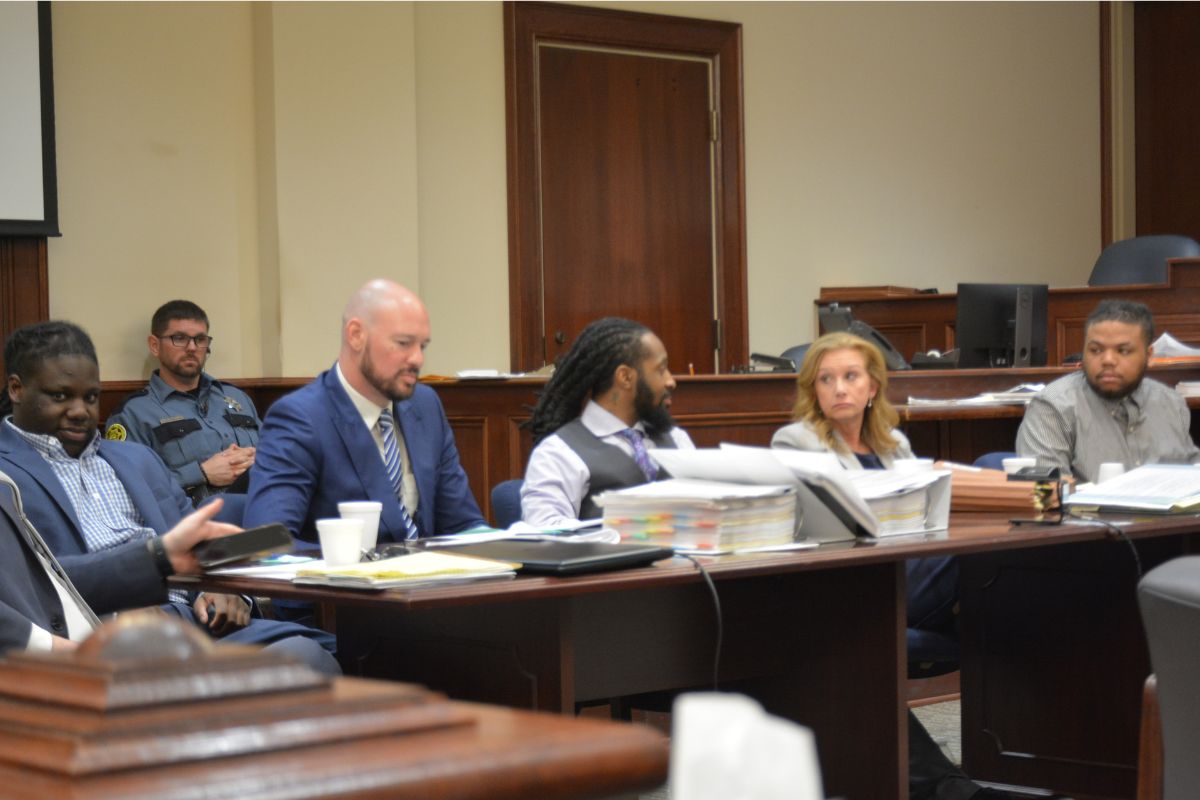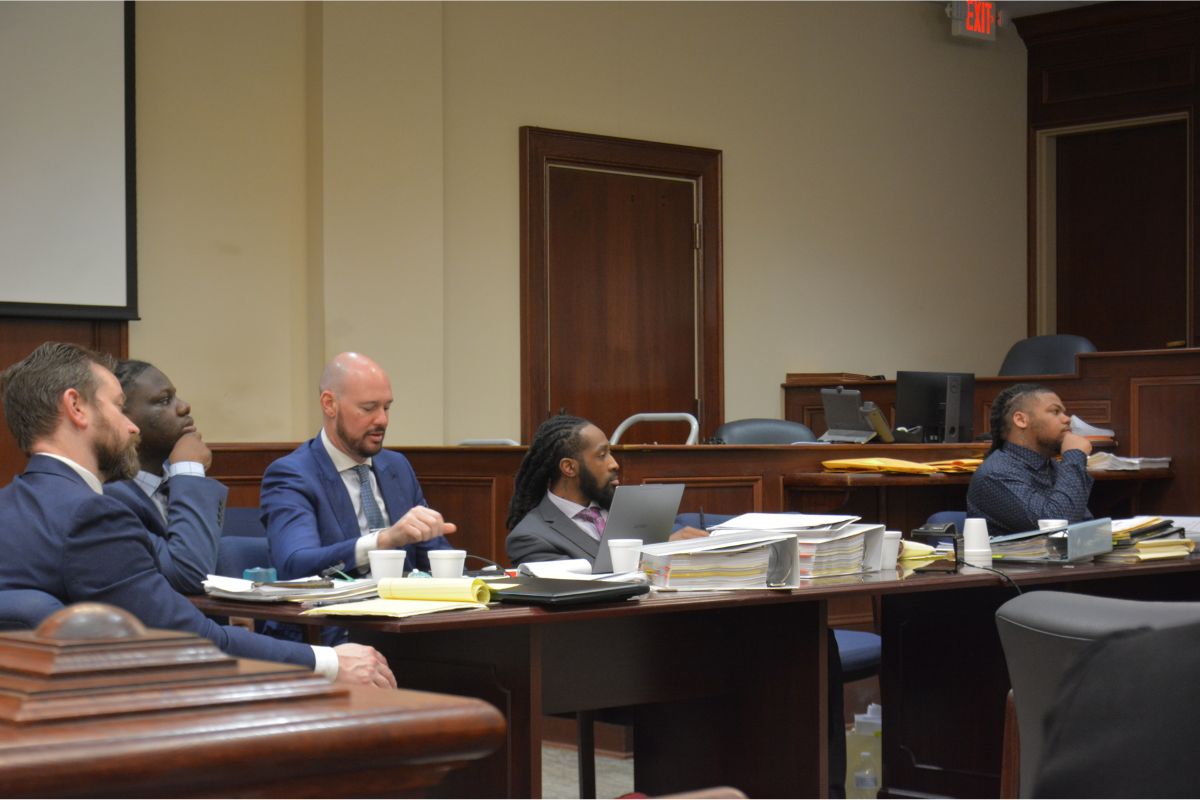As the COVID-19, also known as the coronavirus, pandemic spreads, more people will be forced to skip work. The government may impose isolation on anyone who is actually sick with COVID-19, or quarantine anyone who doesn’t show symptoms but has had contact with sick people or traveled to infectious areas. The difference may be important for legal employment protections.
Not every person has the flexibility to miss work. The laws around the issue are pretty foggy.
The federal government protects workers with “serious health conditions”
there are federal protections for employees who have to miss work due to serious medical situations. The Family and Medical Leave Act of 1993 offers 12 weeks protected leave, which would likely cover any sick individuals in government mandated isolation but For anyone under self-quarantine who isn’t actually sick, protection under the FMLA isn’t as clear. The law also only applies to employers with at least 50 employees.
RELATED: Clarksvillenow.com has all you need to know locally on COVID-19
Employers can fire someone who can’t do their job
The Americans with Disabilities Act of 1990 (ADA) protects workers from discrimination based on “disability,” though it’s unclear exactly what that word means in terms of an illness. However, if your job requires you go to a physical location and coronavirus prevents you from doing so for any reason, your employer may be able to terminate you, regardless of the ADA.
A few states specifically protect anyone under isolation or quarantine
Maryland, Maine, New Jersey, New Mexico, South Carolina and Texas all have quarantine and isolation laws that specifically protect employees.
What you need to know from FORBES
RELATED: Clarksvillenow.com has all you need to know locally on COVID-19






